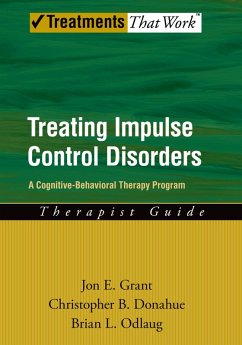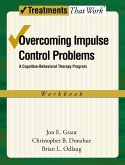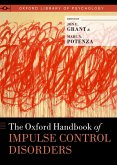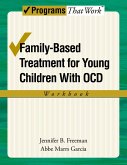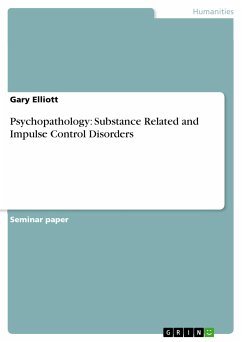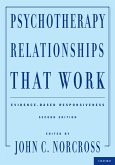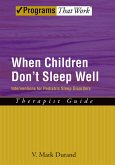Impulse control disorders (ICDs) include pathological gambling, kleptomania, trichotillomania, intermittent explosive disorder, and pyromania, and are characterized by difficulties resisting urges to engage in behaviors that are excessive or ultimately harmful to oneself or others. ICDs are relatively common among adolescents and adults, carry significant morbidity and mortality, and can be effectively treated with behavioral and pharmacological therapies. This guide includes all the information and materials necessary to implement a successful cognitive behavioral therapy program for impulse control disorders (CBT-ICD). This evidence-based intervention was developed for the treatment of pathological gambling, kleptomania, compulsive buying, and pyromania. Originators of interventions for impulse control disorders, the authors review the background and diagnostic information for each ICD as well as available treatment outcome studies; the assessment process for each ICD problem and the individual therapy sessions are also reviewed. This format affords you the flexibility to treat one or more ICD problem, and since they co-occur, this approach is essential. This therapist guide and its corresponding workbook form a complete treatment package. It is a resource that no clinician specializing in these disorders can do without.
Dieser Download kann aus rechtlichen Gründen nur mit Rechnungsadresse in A, B, BG, CY, CZ, D, DK, EW, E, FIN, F, GR, HR, H, IRL, I, LT, L, LR, M, NL, PL, P, R, S, SLO, SK ausgeliefert werden.

